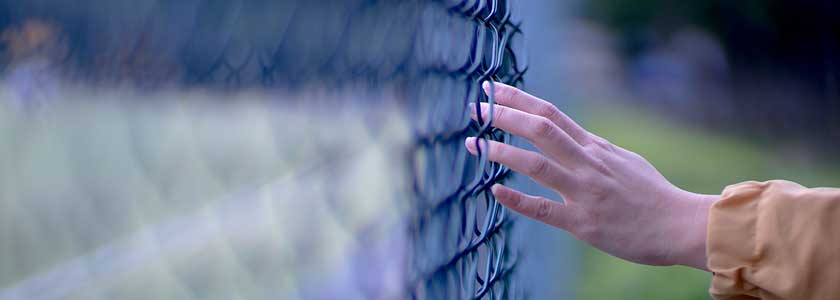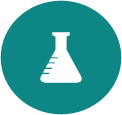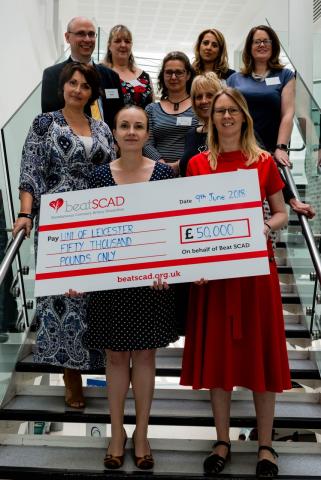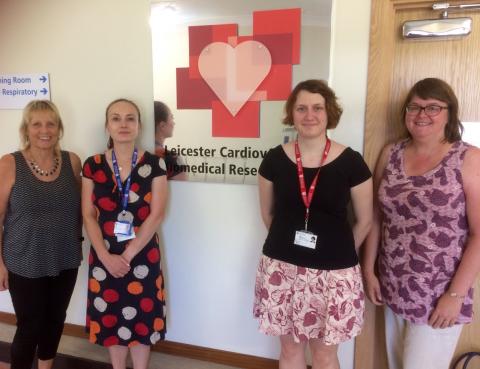I was at work on a course in November 2015. I remember starting to feel sick after lunch and it kept repeating on me. I thought it was food poisoning. At around 2pm I then started to get pain across my shoulder blades – a pain I had never experienced before. I took 1g of paracetamol, and shortly afterwards I started feeling like there was something stuck in my throat. I had to leave work early in the end as I was about to vomit. I did this on my way out! Having managed to get home I vomited again and still had these terrible pains (but not thinking for one minute that it was a heart attack). When I got home, luckily my 13-year-old daughter, Amy, was there. She sorted out her 11- and four-year-old brothers and then came upstairs to check on me. I was lying on my bed and shortly after she came into my room I became unconscious. She called for an ambulance and was very brave. I came round a few minutes later and jumped out of bed and promptly vomited. The pain had gone and I told Amy I didn't need an ambulance. When the paramedics arrived, they did an ECG which was negative, and did the usual observations. The only thing not normal was my blood pressure, which was slightly high. They advised me to still get checked over. On arrival at A&E I was sat in the main waiting room. They did a further ECG and took routine bloods. Approximately 2 hours (or longer) I was suddenly rushed to the resus area. My husband and I were confused. We asked the nurse what was going on and she said my troponin levels were raised. The A&E doctor arrived and he literally blurted out: “You've had a heart attack, oh and we're not sure but your aorta may have torn.” I was in complete shock. I vaguely remember muttering “You've got the wrong blood results for me!”
I was a fit 43-year-old woman who ran twice a week and saw a personal trainer. I have no markers for heart disease. I spent five days in hospital and it was only when my cardiologist sent me for an angiogram that SCAD was diagnosed. He was very understanding but had no real knowledge of SCAD, although he was aware of it. After my eight-week check-up I then went on Facebook trying to find someone else/a group who had been diagnosed with SCAD. I initially found the American group but then got in touch with Beat SCAD and the UK Facebook group. I was desperate for answers and reassurance. I didn't think to ask my GP to refer me to the research led by Dr Adlam, so I kept ringing and left several messages until I got my research day confirmed. I had the research day in the April 2016 with Dr Abi Al-Hussaini and nurse Ellie. They were absolutely amazing. By the end of the day Dr Abi confirmed that all my blood vessels and my heart had fully recovered and that there was only a small amount of damage left.
...







